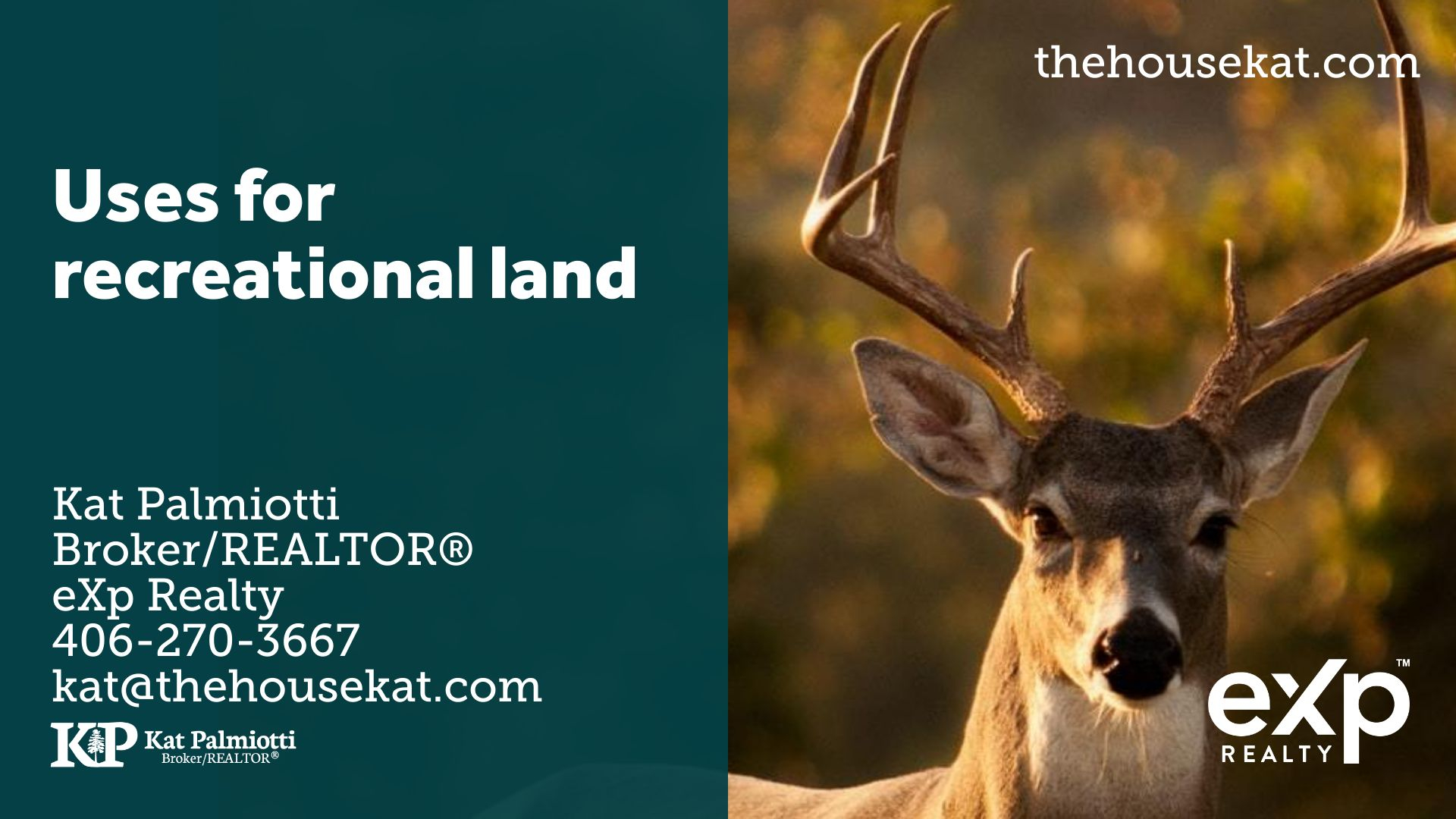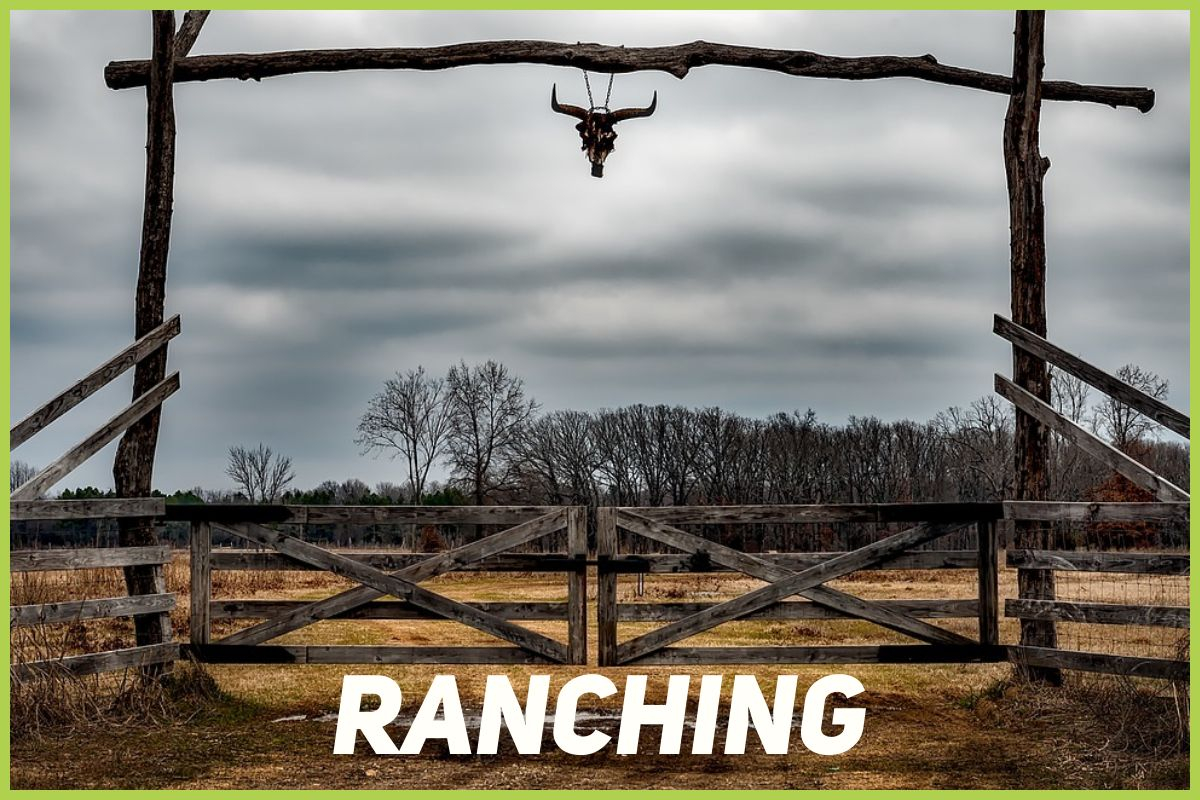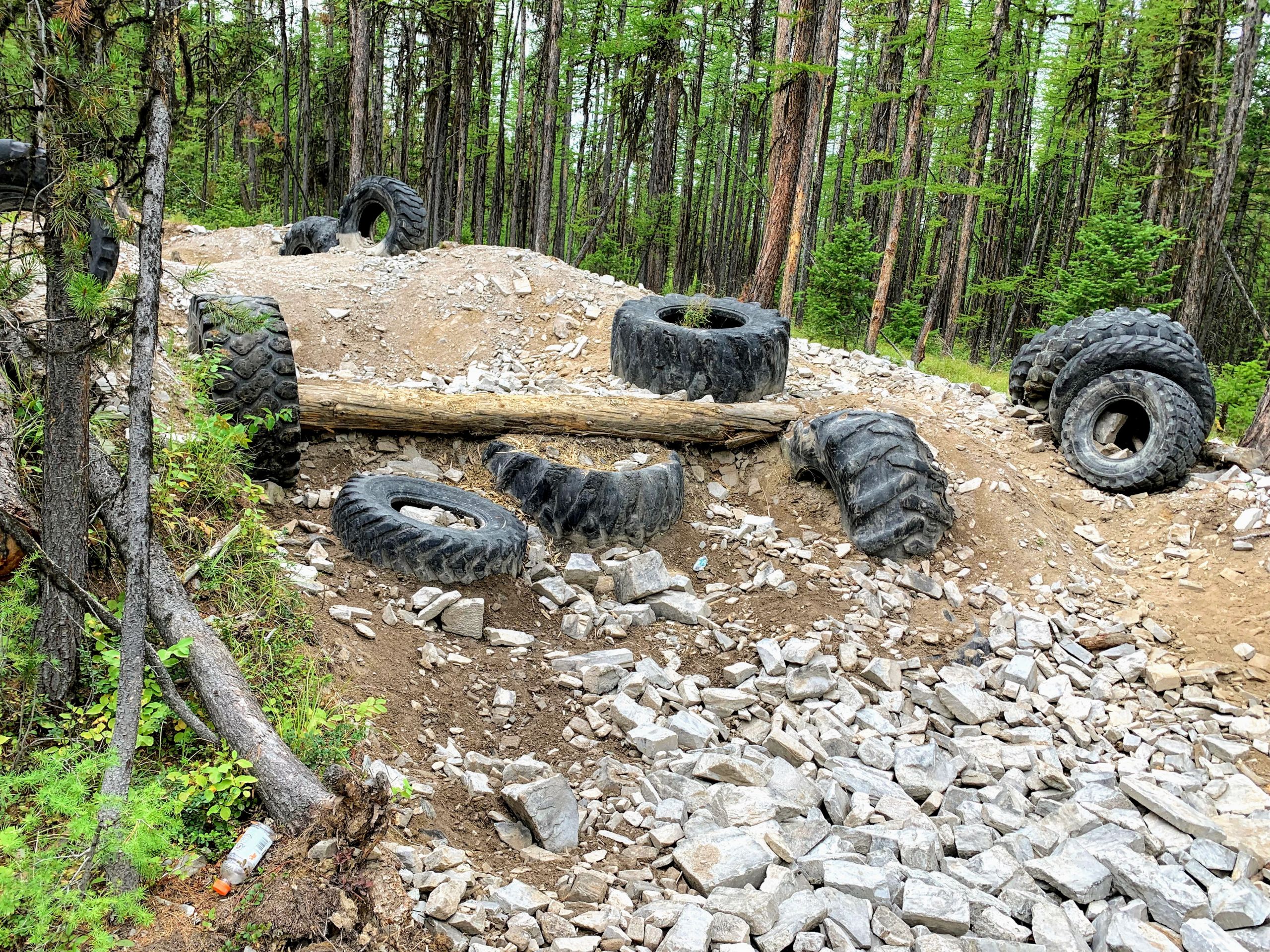Uses for recreational land
I recently participated in a Recreational Land Real Estate course given by the REALTORS® Land Institute. The course focused on recreational acreage, specifically surrounding ways to utilize the land. Parcels of land in my area are typically sold with the main purpose of building a primary home and outbuildings, but did you know there are multiple possible uses that could bring the land owner income? If you are interested in possibly using land for purposes that will increase your bottom line, here are some land uses to consider:
Hunting:
 More than 80% of recreational land in the United States is used for hunting, often with hunting leases. For example, if you owned undeveloped acreage, you may be able to sell access to your land for a specific time frame. So a hunter could pay you per acre or per lease for their hunting experience.
More than 80% of recreational land in the United States is used for hunting, often with hunting leases. For example, if you owned undeveloped acreage, you may be able to sell access to your land for a specific time frame. So a hunter could pay you per acre or per lease for their hunting experience.
Of course, in order for this to work, you’d need to have abundant wildlife on your land. And you’d need sufficient acreage. You’d also need to know what kind of animals were available. Is your property best for duck, turkey, deer or elk or something else? Do you have sufficient natural food and does your land encourage animals to visit? Do you have a plan to maintain the land so hunters want to come back again and again? Do you have a place for them to stay, or could you add lodging? Do you want to set aside a specific area for trapping as well? Do you have appropriate access?
If yes, perhaps this would work for you.
FIshing:
Similar to hunting, your property might be conducive to providing income through fishing opportunities. Do you have a lake, river, or creek with plentiful fish? If yes, you might consider building a lodge for for visitors. Similar to hunting, you could provide access during certain times of the year through leases. Or perhaps you could just provide overnight accommodations all year long for fishing and other local activities.
You’d need a plan that might include boats, poles, bait, licenses, waders and more for the fishing fans. And activities to keep the rest of the family busy.
Ranching:
What about ranching? When considering using recreational acreage as an income producing ranch, you might consider establishing a dude ranch, a working ranch or a resort ranch.
 A dude ranch is a vacation ranch with horses and other adventures. The dude ranch might provide horseback riding, horse clinics or courses to teach wrangling skills. They may have special programs for children, or local options for fishing, rafting and the like. Dude ranches often include three meals a day as well as evening campfires.
A dude ranch is a vacation ranch with horses and other adventures. The dude ranch might provide horseback riding, horse clinics or courses to teach wrangling skills. They may have special programs for children, or local options for fishing, rafting and the like. Dude ranches often include three meals a day as well as evening campfires.
A working ranch is one where you allow people to experience what it’s really like to be a cowboy. Cattle drives, ranch work, round-ups, fence fixing and other ranch chores might be the focus of a guest’s day. You would provide visitors the ability to ride through the beautiful landscapes while enjoying some hard work and adventure.
Or you could develop a resort ranch, which would provide a more comfortable experience than the two options above. You might want a location which could also host conferences and large groups. A resort ranch would of course have horseback riding but might also provide guided hikes or tours, massages, a five star restaurant and more.
Camping:
There are many options for providing camping opportunities on recreational property. Perhaps you could open up a campground, RV park, or other income producing camping related location. You’d need to consider what kinds of services you could offer, and what kinds of utilities. Would you have a camp store? Provide firewood? Would each location have a fire pit, picnic table, electricity and Internet? Would you do a more rugged experience with a campfire and tent spot? Or perhaps your location would focus on glamping? The options are endless, and camping in all these forms is very popular.
Off Roading
 If you have enough property, and especially if you have trails throughout, you may want to start up an off-roading park. With enough visitors at $30-35 per rider, you may be able to bring in some income with limited expense outlay. You could dig trenches for off-roading and then add obstacles for those daredevils. You might want to post some trail maps throughout your park, or install a few parking spots for riders to rest. Otherwise, there is no need for any specific services.
If you have enough property, and especially if you have trails throughout, you may want to start up an off-roading park. With enough visitors at $30-35 per rider, you may be able to bring in some income with limited expense outlay. You could dig trenches for off-roading and then add obstacles for those daredevils. You might want to post some trail maps throughout your park, or install a few parking spots for riders to rest. Otherwise, there is no need for any specific services.
Ziplining
Does your property include steep inclines and beautiful vistas? Have you considered opening a ziplining facility? There are companies that can engineer and design everything down to the beams, towers and cables. And perhaps you could include other activities for the times of the year when the zipline wouldn’t be operationally. Sledding anyone?
Timber sales
Do you have large stands of hardwood or pine? If you’re willing to hire a forester to help you with a forest management plan, you may find that you might have a useful income stream on your property. And that doesn’t mean just clear cut everything and sell it! A management plan would include an inventory of the types and amount of trees you have, limitations in terms of soil type, topography and access, and a determination of the best way to harvest and replant trees on a long term basis.
Home Rentals
Of course you could build a vacation cabin or multi-family building and rent the property. Rentals could be on an annual basis, month-to-month or even by night or week through a company such as Vacasa, AirBNB or VBRO. In coming up with a business plan, remember to take into account any maintenance required both on an ongoing basis, and/or between residents.
Wedding / Event Venue
You might have property that is perfect for a wedding venue. Perhaps the views are astounding, or you’ve got a beautiful spot located at a sunny bend in the river that is perfect for photos. If that’s the case, you could consider opening an event venue.
Things to Consider
All of these ideas are just that, ideas. In order to make them work, you’d need to consider multiple facets such as:
- Covenants: Are there covenants that restrict your income-generating idea? For many large parcels of land, there are none, but make sure you check this right up front.
- Zoning: Similar to covenants, are there county or city restrictions to your plan? Do you need to apply for a zoning variance?
- Additions: In order to do most of these initiatives, you’d need to upgrade your property to include things like: fence, sheds, deer blinds, buildings, gates, feeders, better access and more. How much might these improvements cost? How long will it take to break even?
- Permits: Do you need to obtain a permit to allow you to pursue your desired land business?
Bottom line
If you already own land and are looking for a way to make some money from it, perhaps one of these ideas would work for you. And if you are looking to purchase land for one of the above reasons, this list might give you some additional items to investigate prior to purchasing.
As always If you need any real estate assistance, feel free to contact me at 406-270-3667 or via email at kat@thehousekat.com.
For more land-specific posts, see this link.